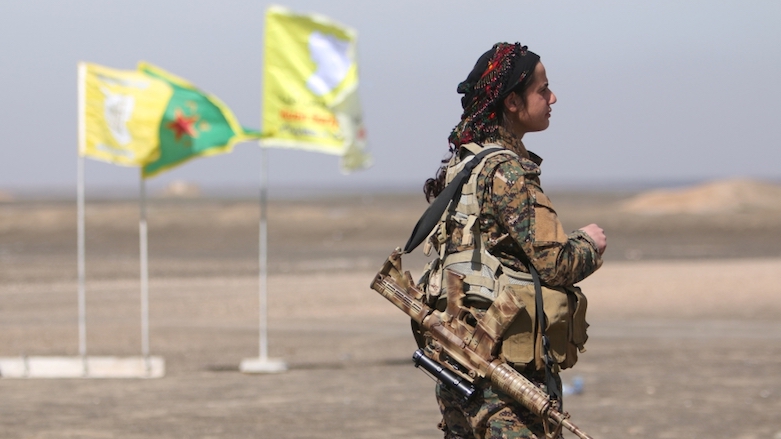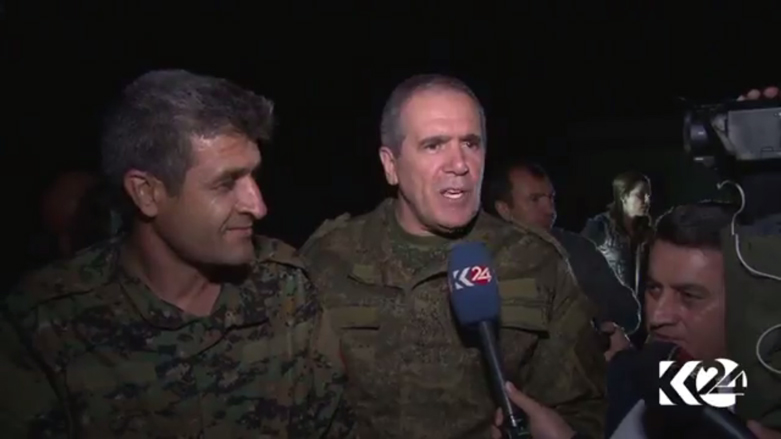Russia to involve Kurds 'more actively' in post-war Syria

ERBIL, Kurdistan Region (Kurdistan 24) – As the seventh round of Russia-initiated Astana peace talks to end the Syrian war kicked off on Monday, President Vladimir Putin’s Syria envoy Alexander Lavrentyev said a “more active” involvement of the Kurds in a political solution was an “issue.”
“The Kurds control a significant part of the Syrian territory and [have] made a substantial contribution to the eradication of terrorist structures on, first and foremost, the Islamic State (IS),” Lavrentyev told the state TV Russia-24.
“I think the Syrian land will be fully cleared of IS formations in the coming weeks,” he said.
“The question arises on how to involve the Kurds more actively in the post-conflict restoration and political resolution,” Lavrentyev said of the US-backed Kurdish-led forces which liberated the IS capital of Raqqa last week.
The Russian envoy’s comments are likely to raise eyebrows in Turkey whose President Recep Tayyip Erdogan has vowed to erase the Kurdish-led de facto autonomy in northern Syria, alleging it is a “terror corridor” alongside his country’s southern frontier.
Ankara, along with the Syrian regime’s two primary military backers Tehran and Moscow, is one of the sponsors of the Astana talks in Kazakhstan where it acts as a guarantor for Islamist rebel groups fighting to topple the Damascus government.
“The fight against terrorist groups both on the side of government forces and the Kurdish formations is continuing. [Operations] are conducted in [IS’] last strongholds,” Putin’s envoy added.
Unlike the Kurds’ biggest military ally the US, Russia openly supports the federalization of Syria which could secure Kurdish gains there.
During earlier Astana meetings, Moscow has offered a draft constitution of Syria, proposing to change the country’s name from “Syrian Arab Republic” to “Republic of Syria.”
The constitution would also recognize strengthened local authorities, decentralizing the county and introducing secularism instead of Islamic law as the source of legislation, two main demands of the Kurdish Democratic Union Party (PYD) and its allies that rule Syrian Kurdistan (Rojava).
Both regime and its armed opponents have rejected the Russian offer.
Editing by Karzan Sulaivany

